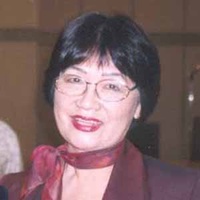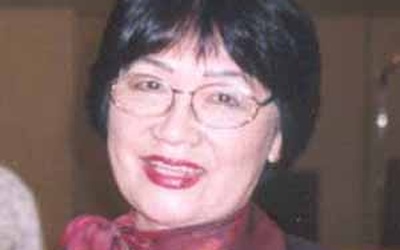Is it an advantage or not to be Nikkei?

Emi Kamatsu makes a historical development of Paraguay from the first immigrants to the present. It investigates the barriers of the countries receiving Japanese immigration: economic, political, cultural. The organizational, moral and ethical heritage of the Meiji era, the post-war expulsion of the kimines , their great contribution to cooperative and associative development despite segregation. Finally, generational and contextual change.
Stories from this series
Trayectoria de los primeros japoneses en el Paraguay
Nov. 22, 2006 • Emi Kasamatsu
Haciendo una reseña histórica acerca del movimiento de los japoneses al exterior y sobre todo a las Americas, fue relativamente nula en los siglos XV a XVI cuando los barcos Europeos ya habían hecho su conquista y expansión en las nuevas tierra de América y también del lejano oriente. Para estos conquistadores eran “bárbaros”, todos los que no pertenecían a la raza blanca europea. Sin embargo, la conceptualización de la barbaridad para los japoneses con respecto a extranjeros era también …



